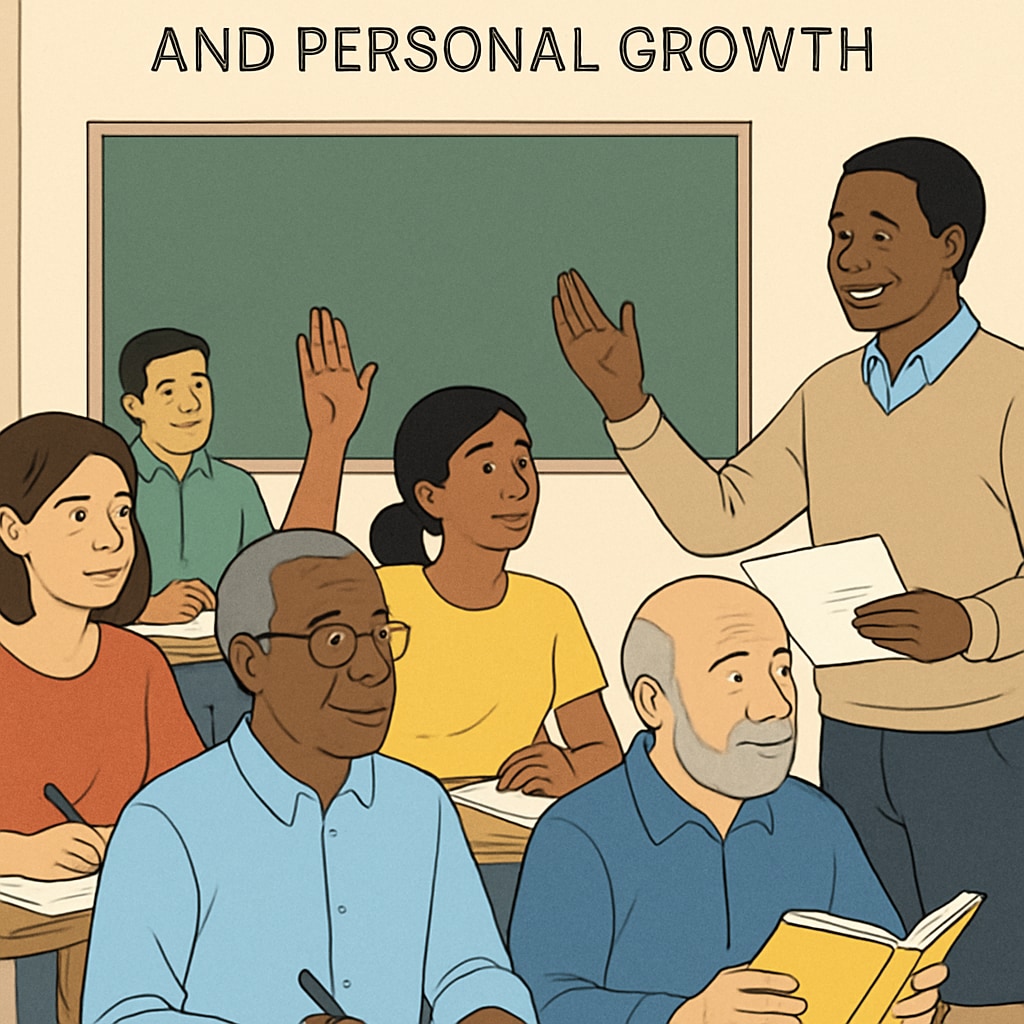For many young individuals, earning a high school diploma is a significant milestone. However, some students graduate with a modified diploma—a credential often granted to those who faced academic, personal, or developmental challenges during their high school years. While this type of diploma may meet immediate needs, it can sometimes limit future opportunities, causing regret for past academic decisions. If you’ve found yourself reflecting on a “modified diploma, regret, and lack of focus,” this article will guide you through ways to transform your situation and rebuild your academic and career journey.

What Is a Modified Diploma and How Does It Differ?
A modified diploma is a variation of the traditional high school diploma, typically tailored to meet the needs of students who struggle to meet standard graduation requirements due to academic or personal challenges. While such diplomas fulfill high school completion criteria, they often lack the rigor of traditional diplomas. As a result, students with modified diplomas may face hurdles when applying to colleges, trade schools, or certain job opportunities.
For example, some universities and employers prefer candidates with traditional diplomas, viewing them as proof of meeting standardized academic benchmarks. This perception can create barriers for individuals seeking to advance their education or career.
Overcoming Regret: Understanding Your Options After Graduation
Regret over academic choices is common but not insurmountable. The key is to recognize that a modified diploma does not have to define your future. Here are some actionable steps you can take:
- Assess your goals: Determine whether you want to pursue higher education, vocational training, or a specific career path. This clarity will help you identify the steps needed to achieve your objectives.
- Explore GED programs: Many individuals with modified diplomas opt to earn a General Educational Development (GED) certificate. GEDs are widely recognized as equivalent to high school diplomas and can open doors to colleges and employers.
- Consider adult education programs: Community colleges and adult education centers often offer courses designed to help individuals earn a standard diploma or equivalent certification.
- Leverage online learning platforms: Online education has become a powerful tool for skill-building and credentialing. Platforms like Coursera, edX, and Khan Academy provide opportunities to expand your knowledge and enhance your resume.
Rebuilding Confidence: Psychological Strategies for Moving On
Regret and self-doubt often accompany academic setbacks, but these feelings can be overcome with the right mindset and support systems. Consider the following strategies to rebuild your confidence:
- Focus on growth: Shift your perspective from “regret over past mistakes” to “opportunities for future growth.” This mindset will help you stay motivated and proactive.
- Seek mentorship: Connecting with mentors who have overcome similar challenges can provide valuable guidance and encouragement.
- Celebrate small wins: Acknowledge and celebrate each step forward, no matter how small. Progress is progress.
- Join support groups: Many communities and online forums offer support for individuals working to overcome educational setbacks.

Building a New Path: Long-Term Solutions for Success
Once you’ve addressed immediate challenges, it’s time to focus on long-term solutions to create a fulfilling future. Here are some ideas:
- Consider vocational training: Trade schools and vocational programs offer specialized training in fields like healthcare, technology, and construction. These programs often value skills over traditional diplomas.
- Pursue higher education: Some colleges accept students with GEDs or modified diplomas, especially community colleges. From there, you can transfer to a four-year university if desired.
- Build a strong resume: Highlight your skills, accomplishments, and any additional certifications or training you’ve earned to showcase your potential to employers.
- Stay adaptable: The job market is constantly evolving. Embrace lifelong learning to remain competitive in your chosen field.
As a result of these efforts, you’ll not only expand your opportunities but also demonstrate resilience and determination—qualities highly valued by employers and academic institutions alike.
Conclusion: Turning Regret into Renewal
While holding a modified diploma may feel like a limitation, it can also serve as a stepping stone to greater achievements. By exploring alternative education options, rebuilding confidence, and setting long-term goals, you can redefine your path and create a future filled with opportunities. Remember, your past does not dictate your potential. Take the first step today and start building the life you envision.
For more information on GED programs, visit GED on Wikipedia. For vocational training options, check out Vocational Education on Britannica.
Readability guidance: Short sentences and paragraphs ensure clarity, while lists provide actionable steps. Transitions like “however” and “in addition” improve flow. Confidence-building strategies are integrated to maintain a motivational tone.


